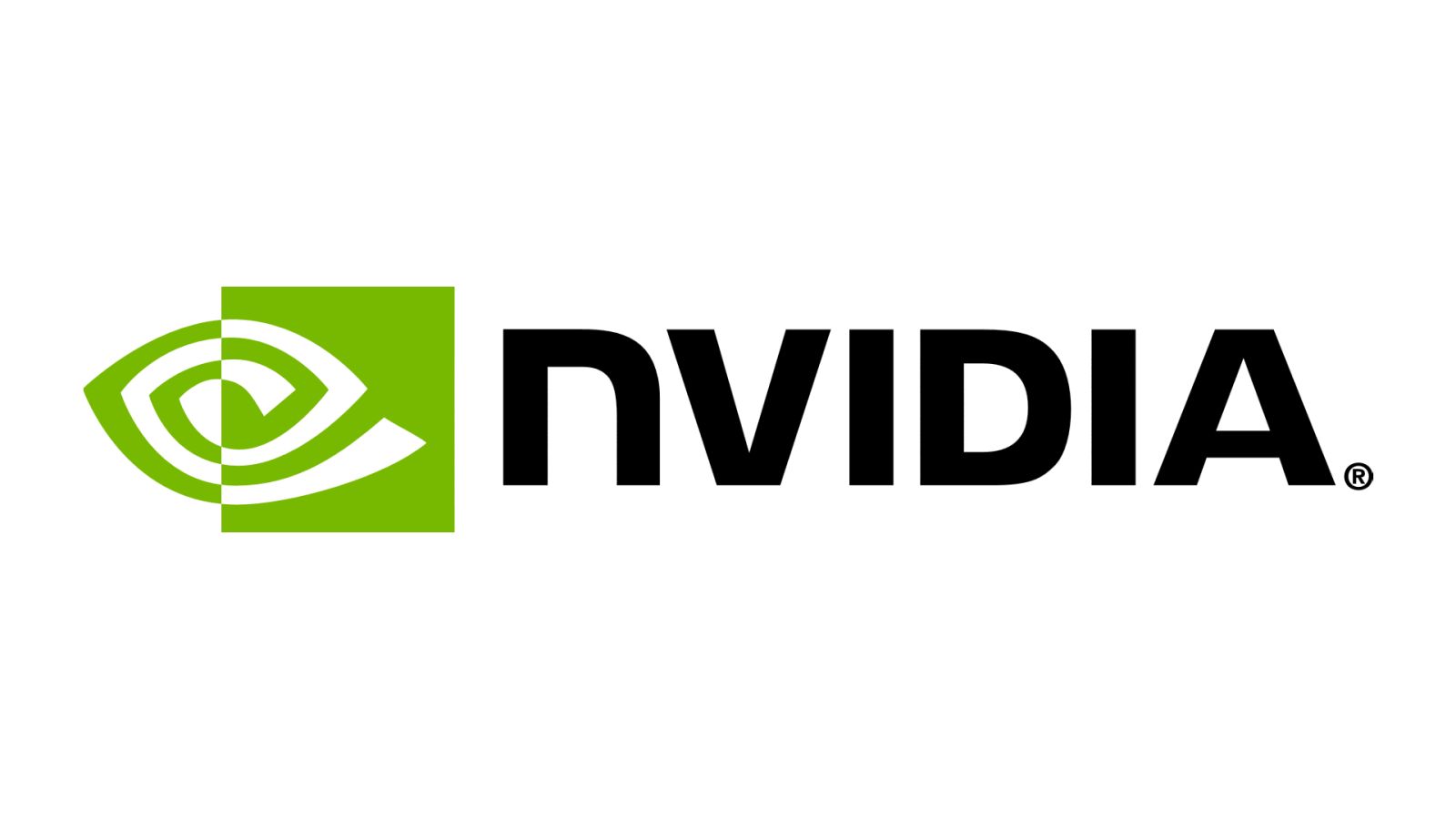Introduction
Nvidia H20: production pauses and supplier requests involving Amkor, Samsung and Foxconn have reignited debate on exports, security and risks for the China market.
Quick definition
The H20 case concerns GPU chips tailored for China now facing production halts and security reviews
Context
Reports say Nvidia asked Amkor Technology, Samsung Electronics and Foxconn to suspend H20-related work after Chinese authorities urged local firms to stop purchases citing security concerns. China summoned Nvidia for information while the U.S. had later issued export licenses enabling some shipments.
The problem / Challenge
Beijing raised worries about potential tracking or "backdoors" in the chips, prompting a national security review and a soft directive to firms including ByteDance, Alibaba and Tencent to halt orders pending checks.
Solution / Approach
Nvidia stated it manages its supply chain to reflect market conditions and responded to Chinese inquiries, asserting H20 is not a military product and can be used with confidence. CEO Jensen Huang reported discussions with U.S. and Chinese authorities to address the issue.
Commercial implications
The dispute has tangible financial effects: Nvidia took a $4.5 billion writedown on unsold H20 inventory and said sales would have been $2.5 billion higher without restrictions. Analysts warn a full ban in China could threaten over $20 billion in annual sales.
Geopolitical and technical considerations
The case highlights challenges operating between Washington and Beijing: export controls, security concerns and China's push for chip self-sufficiency reshape AI hardware demand and supply.
"We constantly manage our supply chain to address market conditions."
Nvidia spokesperson
Possible scenarios
If restrictions persist, Nvidia may need to reduce exposure to H20 sales in China or provide additional technical assurances, while domestic Chinese supply ramps up and changes market dynamics over the coming years.
Conclusion
The H20 episode illustrates how national security, export policy and market forces combine to create operational and financial risk for AI hardware vendors and buyers.
FAQ
Quick answers on the Nvidia H20 situation
- What did Nvidia ask suppliers to do? — Pause production and H20-related work.
- Why did China act? — Cited national security concerns and possible backdoors in chips.
- Which suppliers are named? — Reports cite Amkor, Samsung and Foxconn.
- What financial impact occurred? — Nvidia recorded a $4.5 billion writedown on unsold H20 inventory.
Extended FAQ
-
What is the Nvidia H20? — A GPU product designed for commercial AI use in China.
-
Why did China ask firms to stop buying H20? — Authorities launched a security review over concerns about tracking or backdoors in the chips.
-
How does this affect Nvidia's supply chain? — It led to production pauses, supplier suspensions and inventory writedowns.
-
Did the U.S. intervene? — The U.S. later approved export licenses for some H20 shipments, illustrating complex export control dynamics.
